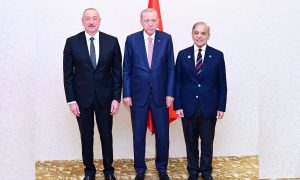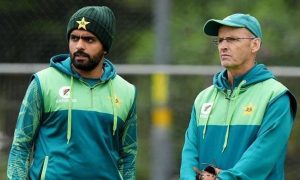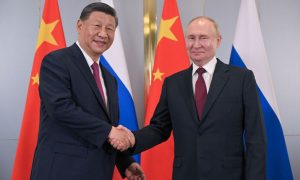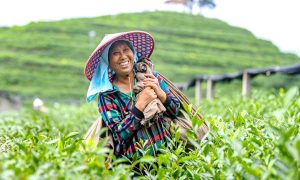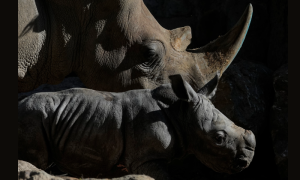JOHANNESBURG: Former South African President Jacob Zuma new uMkhonto we Sizwe Party (MK) is emerging as a biggest winner in the country’s general elections.
With over 97 percent of the votes tallied, the MK seems set to seize power in KwaZulu Natal, leading comfortably in a province where the ANC has historically been dominant since the first post-apartheid elections in 1994.
Nationally, the MK stands third with approximately 15 percent of the vote, trailing behind the ANC with about 40 percent and the principal opposition party, the Democratic Alliance (21 percent). These results indicate a significant shift in support away from the ANC, particularly in its traditional strongholds.
In addition to KwaZulu Natal and the Western Cape, where the DA is expected to regain power with a clear majority, the ANC has also suffered setbacks in Gauteng, falling short of a majority.
These trends have solidified over the past two days, potentially forcing the ANC, for the first time in three decades, to seek support from opposition parties to maintain power both nationally under President Cyril Ramaphosa and in provinces like Gauteng.
Analyst Sizwe Mpofu-Walsh sees these results as signaling the decline of ANC dominance, noting both hope and fear among the people for change and increased accountability. He attributed the ANC’s electoral losses to a combination of arrogance and denial of their failures.
Independent political analyst Sandile Swana draws parallels between the ANC and other liberation movements in Africa, suggesting that failure to deliver on promises has led to voter punishment, citing examples from Namibia and Zimbabwe.
Imraan Buccus, an academic and researcher, views the election outcome as indicative of the ANC’s collapse, mirroring similar trends in liberation movements across Africa. He points to ANC failures and economic inequality as contributing factors.
South Africa’s deep-rooted issues, including poverty affecting 55 percent of the population, high unemployment at 33 percent, systemic corruption, and government inefficiency, have exacerbated dissatisfaction with the ruling party.
While the ANC has experienced a significant decline in support, other opposition parties, notably the DA, have seen only marginal gains, with party leader John Steenhuisen expressing satisfaction with their modest growth.













